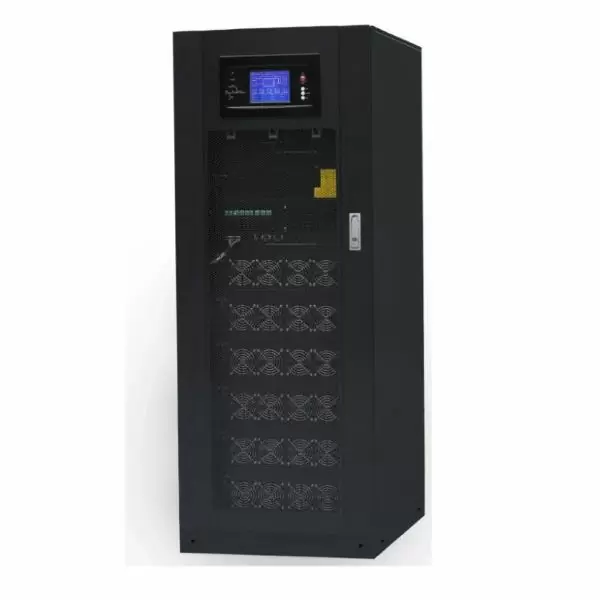Uninterruptible Power Supply (UPS) systems are devices that provide backup power to electronic equipment during a power outage. They are commonly used in data centers, hospitals, and other critical applications where power disruptions can cause significant damage or even loss of life. UPS systems work by converting DC power stored in batteries into AC power that can be used by electronic devices.

Power Outages and Data Loss
Power outages are a common occurrence, and they can be caused by a variety of factors such as severe weather, equipment failure, and human error. When power is lost, electronic devices such as servers, routers, and switches are forced to shut down abruptly. This sudden shutdown can cause data loss, hardware damage, and system crashes, which can be costly and time-consuming to recover from.
Preventing Data Loss with UPS Systems
UPS systems can prevent data loss during power outages by providing backup power to electronic devices. When the mains power is lost, the UPS system switches to battery power, ensuring that the devices continue to operate without interruption. This gives IT personnel enough time to shut down the devices properly or switch to another power source. In addition, UPS systems can provide surge protection, which prevents damage to electronic devices caused by power spikes and surges.
Types of UPS Systems
There are three types of UPS systems: standby, line-interactive, and online. Standby UPS systems are the most basic type of UPS and are suitable for small applications such as personal computers. They work by switching to battery power when the mains power is lost. Line-interactive UPS systems are more advanced and are suitable for medium-sized applications such as small offices. They regulate the voltage of the mains power, ensuring that the devices receive a constant supply of power. Online UPS systems are the most advanced type of UPS and are suitable for large applications such as data centers. They provide a continuous supply of power to the devices, even during power outages, by converting AC power to DC power and then back to AC power.
Choosing the Right UPS System
Choosing the right UPS system depends on the size and criticality of the application. Small applications such as personal computers can be protected by standby UPS systems, while medium-sized applications such as small offices require line-interactive UPS systems. Large applications such as data centers require online UPS systems to provide a continuous supply of power to the devices. In addition, the UPS system should have enough battery backup to provide sufficient power to the devices during a power outage.
Conclusion
UPS systems are essential devices that can prevent data loss during power outages. They provide backup power to electronic devices, ensuring that they continue to operate without interruption. There are three types of UPS systems: standby, line-interactive, and online. Choosing the right UPS system depends on the size and criticality of the application. UPS systems can also provide surge protection, which prevents damage to electronic devices caused by power spikes and surges.
